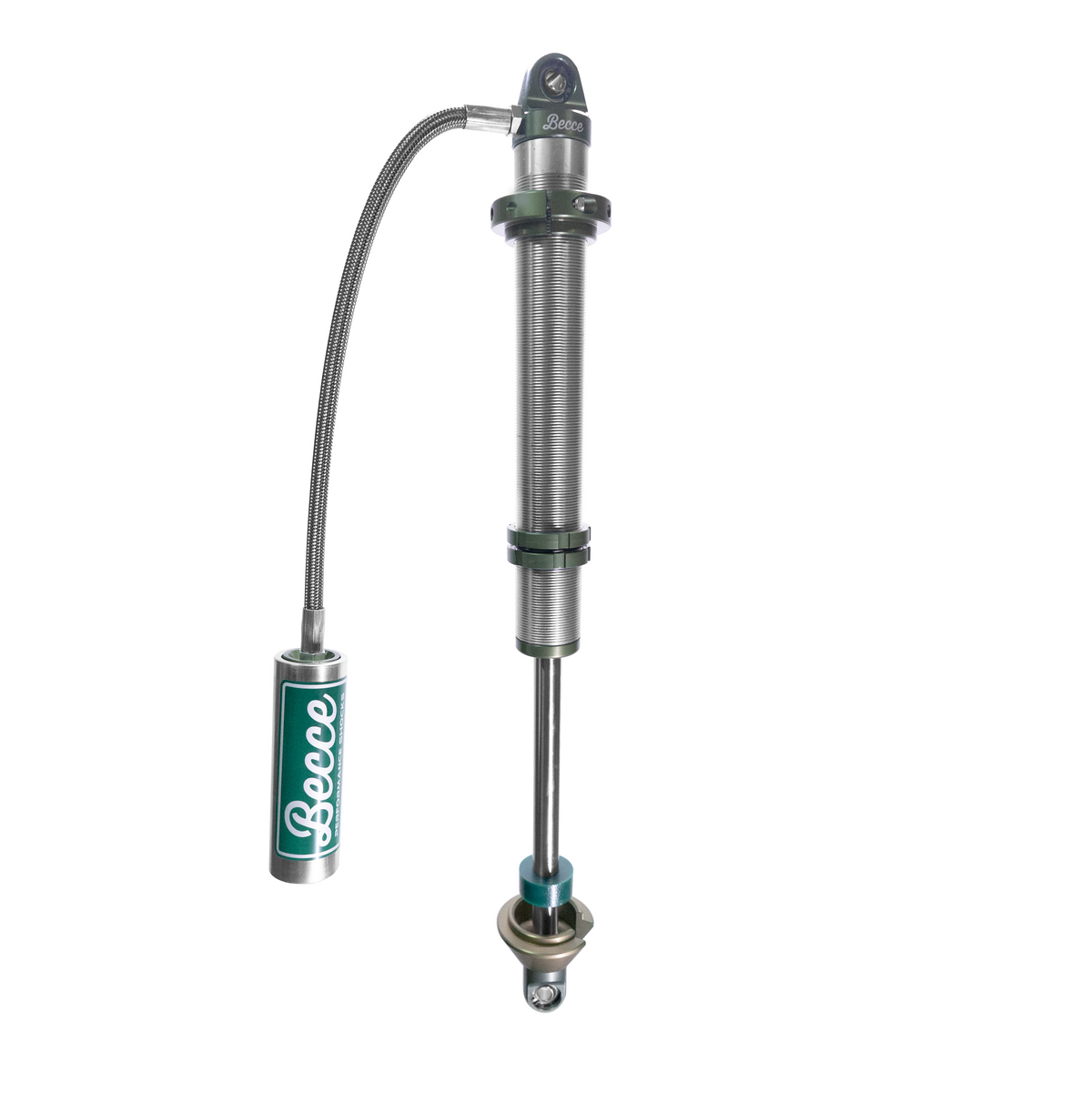Rally Raid Techniques Every Off-Road Driver Should Know
Rally raid isn’t just about speed — it’s about mastering tough terrains, vehicle control, and safety under extreme conditions. Whether you’re an overlanding enthusiast or an off-road weekend warrior, learning pro techniques from professional rally drivers can dramatically improve your driving skills and confidence on trails.
🔹 1. Reading the Terrain
Professional rally drivers always analyze the terrain before hitting it. Learn to identify:
-
Loose sand vs. compact dirt
-
Rocky sections and hidden obstacles
-
Slopes, inclines, and declines
Tip: Scan ahead and plan your line to avoid damage or getting stuck.
🔹 2. Proper Throttle Control
Unlike casual off-roading, rally raid demands smooth throttle control:
-
Avoid sudden acceleration or braking
-
Use low-range gears for steep or slippery sections
-
Modulate the throttle to maintain traction
Why it matters: It reduces wheel spin, tire wear, and improves fuel efficiency.
🔹 3. Steering and Wheel Techniques
-
Feather the steering: gentle adjustments maintain balance
-
Counter-steering in slides: control oversteer instead of panicking
-
Keep hands at “9 and 3 o’clock” for maximum control
Pro Tip: Practicing in sand, mud, and rocky terrain helps build instinctive reactions.
🔹 4. Vehicle Positioning
Rally drivers always position the vehicle to maximize traction:
-
Enter obstacles at the correct angle
-
Avoid sharp turns on steep inclines
-
Use the “slow in, fast out” technique on descents
Why it works: Protects the vehicle and ensures consistent progress on difficult trails.
🔹 5. Recovery Techniques
Even the best drivers get stuck. Key skills include:
-
Using winches, recovery straps, and traction boards effectively
-
Anchoring to stable points without damaging the vehicle
-
Team coordination during recovery
Tip: Always carry recovery gear on off-road trips.
🔹 6. Reading Weather and Surface Conditions
Rally raid drivers adapt to changing conditions:
-
Wet mud vs. dry dirt requires different approaches
-
Snow and ice demand careful throttle and brake modulation
-
Rain can drastically change trail difficulty
Tip: Check forecasts and trail conditions before heading out.
🔹 7. Safety First
-
Wear seatbelts and helmets in extreme conditions
-
Inspect tires, brakes, and suspension before challenging routes
-
Carry communication devices in remote areas
Pro Tip: Experienced drivers always respect their limits — speed and skill must match terrain difficulty.



0 comments